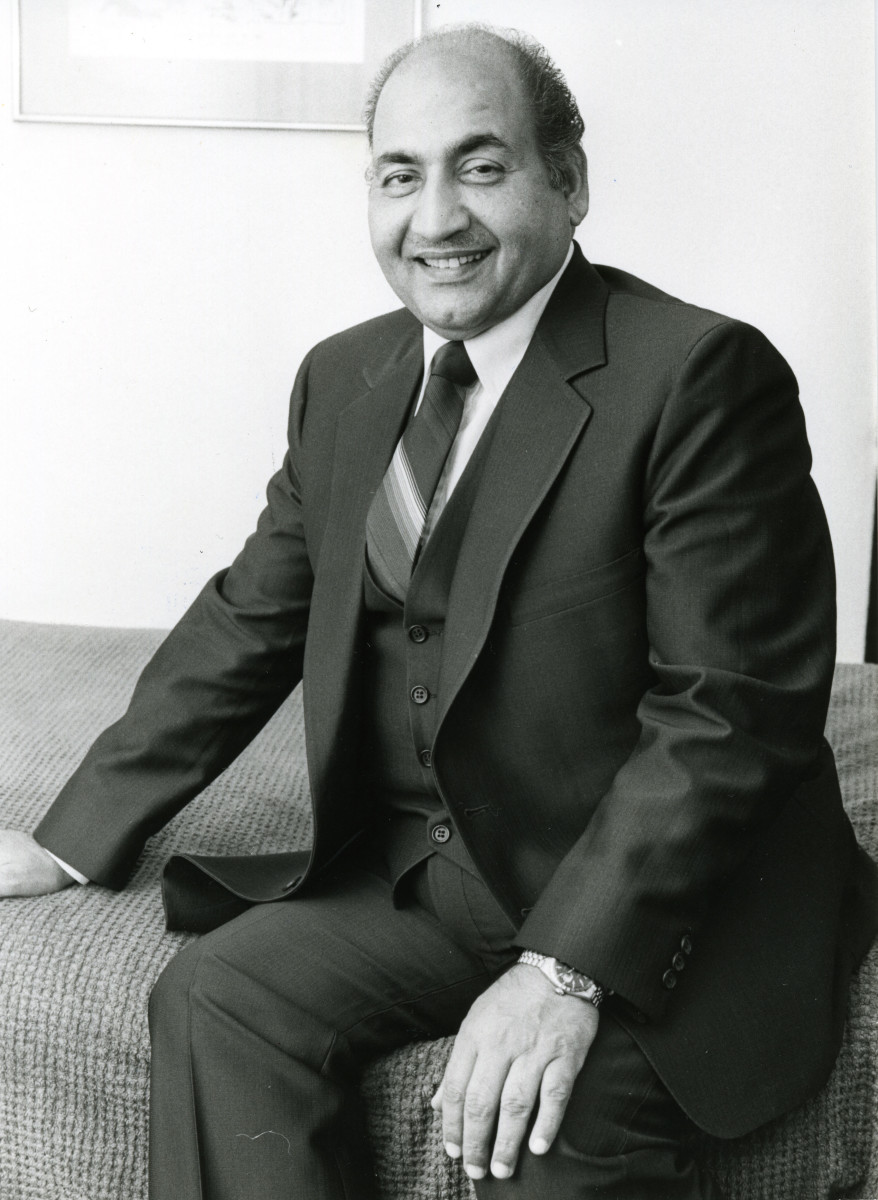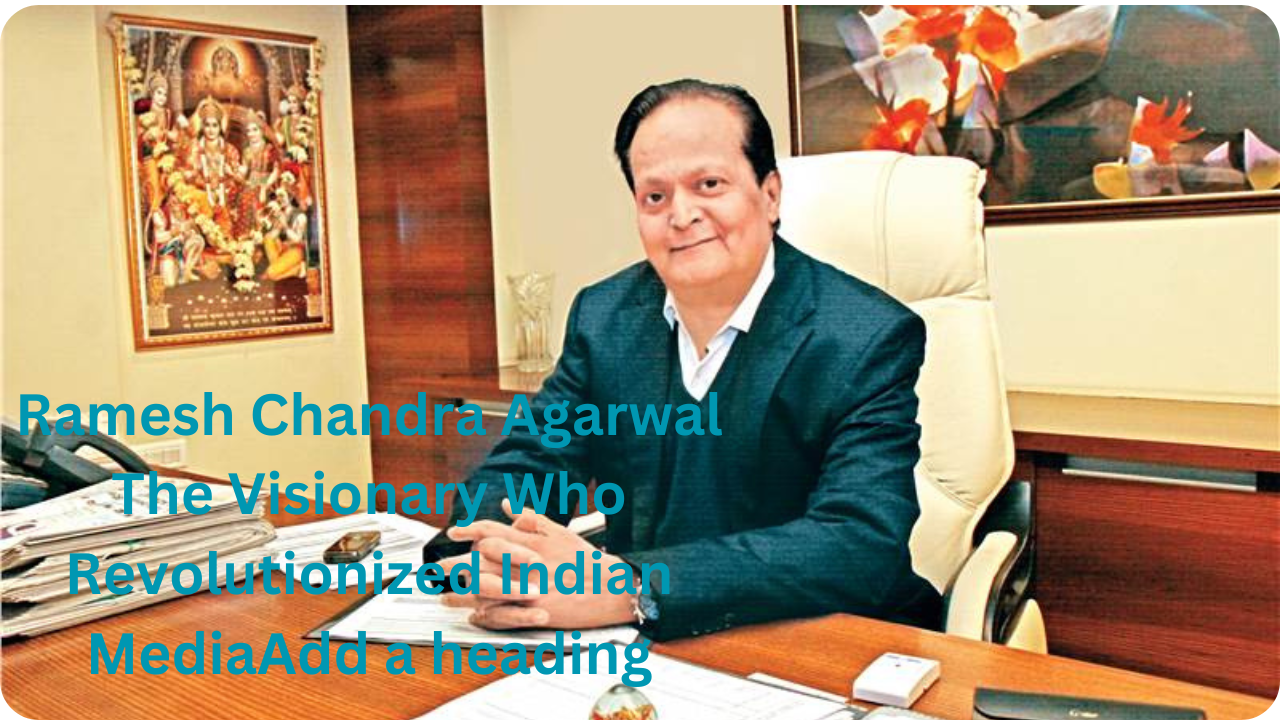One of the greatest scientists in history, Albert Einstein, was born 146 years ago on March 14, 2025. His world-changing theories and unmatched contributions to physics have had a lasting effect. Beyond science, generations have been inspired by Einstein’s philosophy, wisdom, and humanitarianism. Let’s examine his life, accomplishments, and legacy on this momentous occasion.

Table of Contents
Early Life and Education
On March 14, 1879, Albert Einstein was born in Ulm, Germany. He had a strong interest in physics and mathematics as a child. Einstein was not a bad student, unlike what many people believe; on the contrary, he did well in things that he found interesting. He attended the Swiss Federal Polytechnic in Zurich to study mathematics and physics after finishing his education in Munich and Aarau.
Revolutionizing Science with the Theory of Relativity
Our knowledge of space, time, and gravity was completely transformed by Einstein’s most well-known contribution, the Theory of Relativity. The famous equation E = mc2, which established the link between energy and mass, was proposed by his special theory of relativity, which was published in 1905. The idea of gravity was later reinterpreted in 1915 by his general theory of relativity, which defined it as the bending of space-time brought on by large objects. Astronomical measurements supported this idea, which is still a cornerstone of contemporary physics.
The Nobel Prize and Quantum Mechanics
Einstein’s explanation of the photoelectric effect, which was crucial to the development of quantum mechanics, earned him the Nobel Prize in Physics in 1921. This discovery opened the door for contemporary technology like semiconductors and solar cells by demonstrating how light can act as both a wave and a particle.
Einstein’s Role in World War II and the Atomic Age
Einstein indirectly contributed to the creation of nuclear weapons while being a pacifist. He co-signed a letter to President Franklin D. Roosevelt in 1939 alerting him of the possibility that Nazi Germany would build an atomic weapon. The Manhattan Project, which eventually produced nuclear weapons, was started as a result of this letter. Einstein, however, subsequently grew to regret this involvement and became a fervent supporter of global peace and nuclear disarmament.
A Humanitarian and Advocate for Peace
In addition to being a gifted scientist, Einstein was a fervent supporter of education, human rights, and international harmony. He came to the United States in 1933 after escaping Nazi Germany, where he worked at Princeton’s Institute for Advanced Study. He advocated against injustice, militarism, and racial prejudice throughout his life. His profound compassion for humanity is evident in his speeches, publications, and letters.
Einstein’s Legacy in Modern Science and Technology
Einstein’s impact is still felt 70 years after his death in 1955. Developments in astrophysics, GPS, quantum computing, and space exploration are still influenced by his theories. In order to learn more about the nature of the cosmos, gravitational waves, and black holes, scientists continue to investigate his work.
Interesting Facts About Einstein
- Einstein’s brain was preserved after his death for scientific research to understand the source of his extraordinary intelligence.
- He was offered the presidency of Israel in 1952 but declined, saying he was not suited for politics.
- Einstein was known for his playful and curious personality; he loved music and played the violin passionately.
Conclusion: The Eternal Legacy of a Genius
The contributions Albert Einstein made to philosophy, science, and humanity are timeless. His inventiveness, curiosity, and unwavering quest for knowledge are an inspiration to both scientists and idealists. On the 146th anniversary of his birth, we honor not only the scientist but also the man who thought that wisdom and knowledge could make the world a better place.
As Einstein himself famously said, “Imagination is more important than knowledge. For knowledge is limited, whereas imagination encircles the world.”








